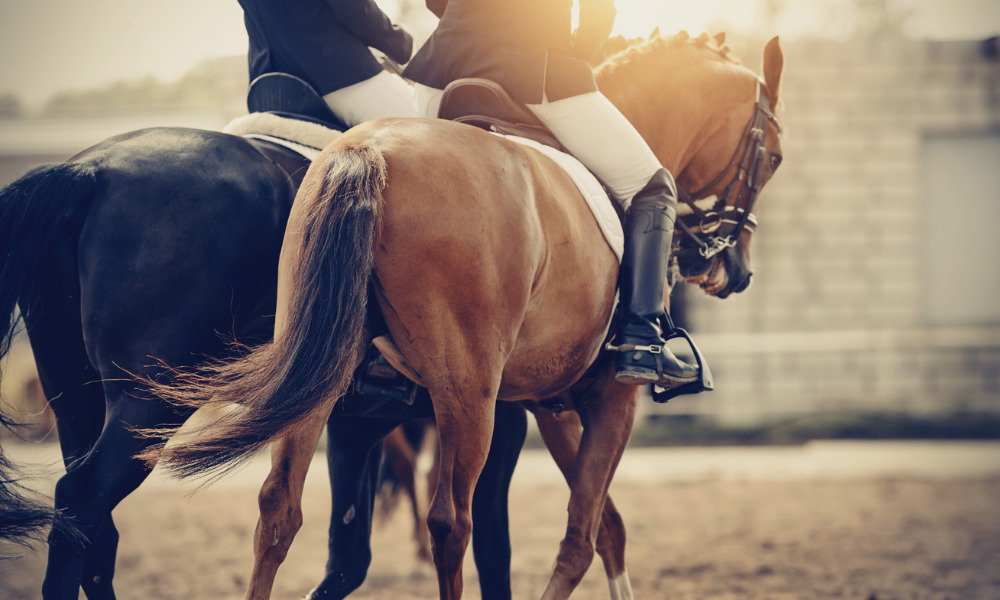
The appeal contrasts the difference between a 'breach of duty' and an 'obvious risk'

The High Court has begun hearing the appeal of an injured campdrafting competitor who claims rodeo organizers owe her for a breach of duty of care.
In 2011, Emily Jade Rose Tapp suffered "significant and severe" spinal injuries when her horse slipped and fell in a campdrafting competition organised by the Australian Bushmen's Campdraft & Rodeo Association (ABCRA).
Campdrafting is a competitive sport involving a rider and horse working cattle. It consists of riding the horse at high speed, often in a full gallop, around a course with pegs. ABCRA submitted that "the sport involves a number of risks, including a horse falling by losing its footing or contacting the hooves of the animal being chased, and the rider losing balance and falling off."
Tapp began participating in campdrafting events at the age of six. She was 19 at the time of the accident.
Tapp claimed damages for personal injury against ABCRA before the Supreme Court of New South Wales. She said that ABCRA breached its duty of care "to organise, manage and provide the campdrafting event with reasonable care and skill."
She said that ABCRA's negligence was evident when they failed to plough the arena's surface, where she fell before the competition started. ABCRA also allegedly failed to stop the competition when the ground became unsafe and failed to warn competitors. According to court records, ABCRA's incident report showed that "there had been seven falls over the course of the day" immediately before Tapp's participation.
In 2019, the NSW Supreme Court ruled in favour of ABCRA. It held that Tapp had not established any breach of the duty of care owed to her by ABCRA. It also decided that Tapp was engaged in a dangerous recreational activity at the time of the accident. The risk of falling from a horse during the competition was an "obvious risk." Hence, it ruled that ABCRA was not liable for "the result of the materialisation of the risk."
Tapp appealed before the Court of Appeal (CA), but the latter dismissed it. The CA said that Tapp had not identified how the surface of the arena had deteriorated and thus failed to establish that it was the cause of her fall. It ruled that "a lack of evidence as to the deterioration of the arena surface meant it was not possible to identify the risk of harm and whether it was obvious."
Tapp has now elevated her appeal before the High Court. She has sought a proper approach to identify an "obvious risk" and hold ABCRA liable due to alleged negligence.
The latter commenced hearing the appeal on 10 November.